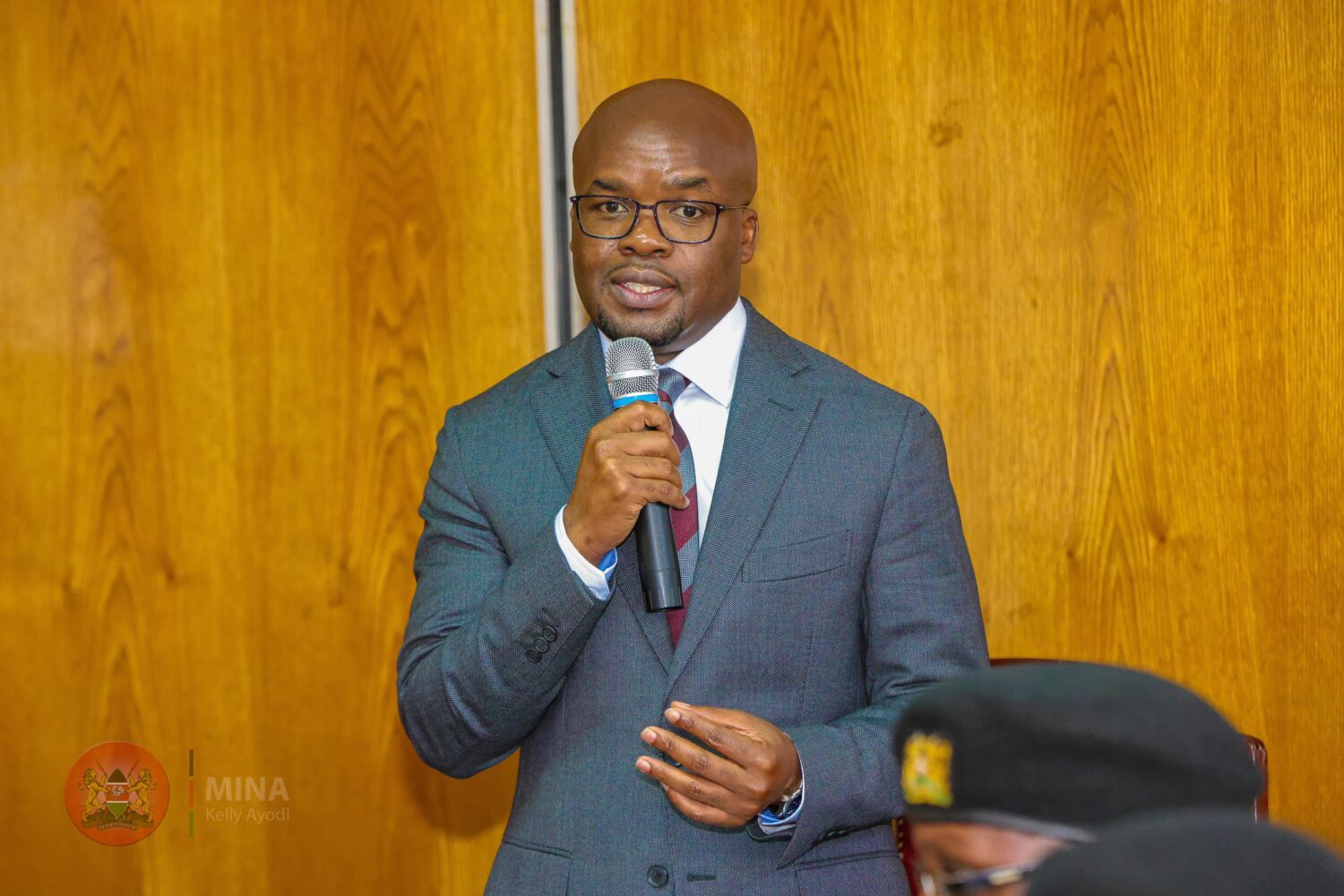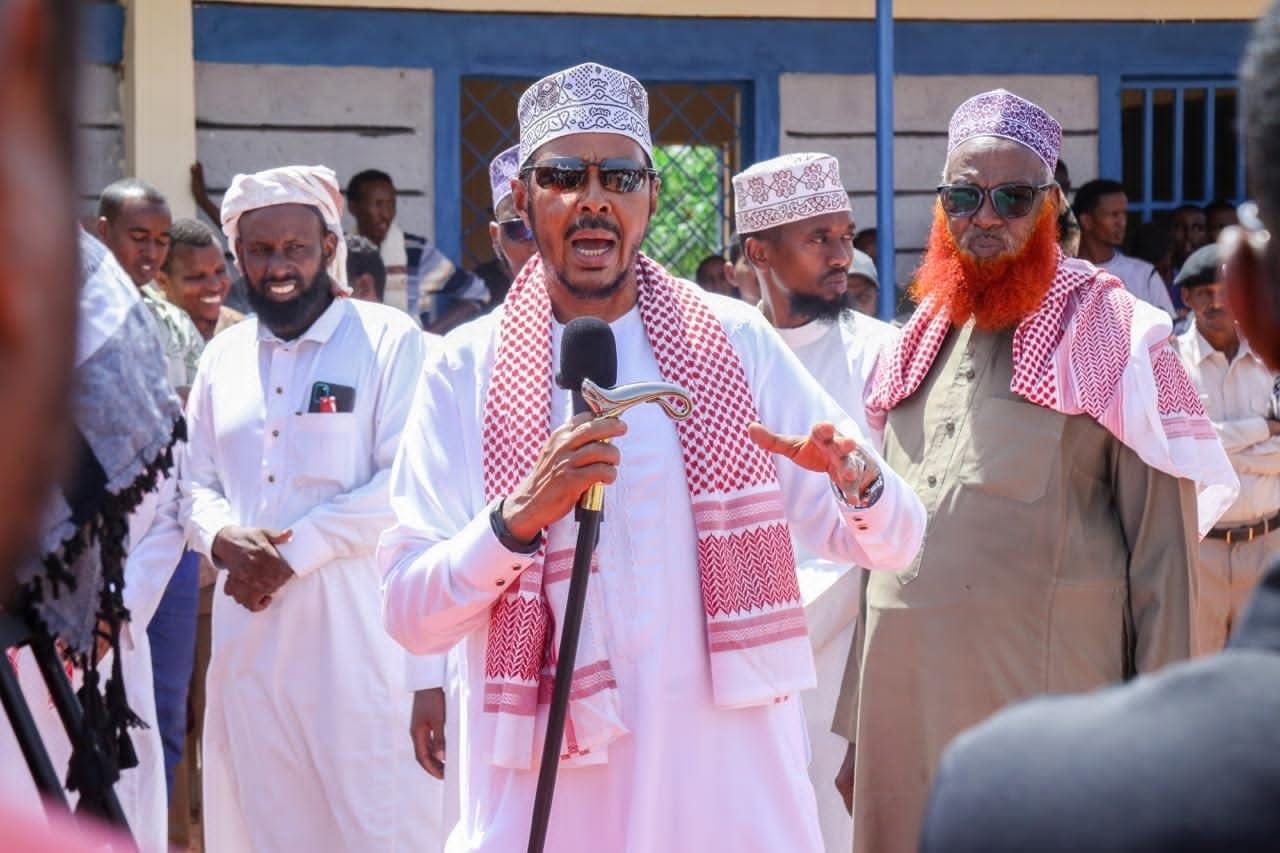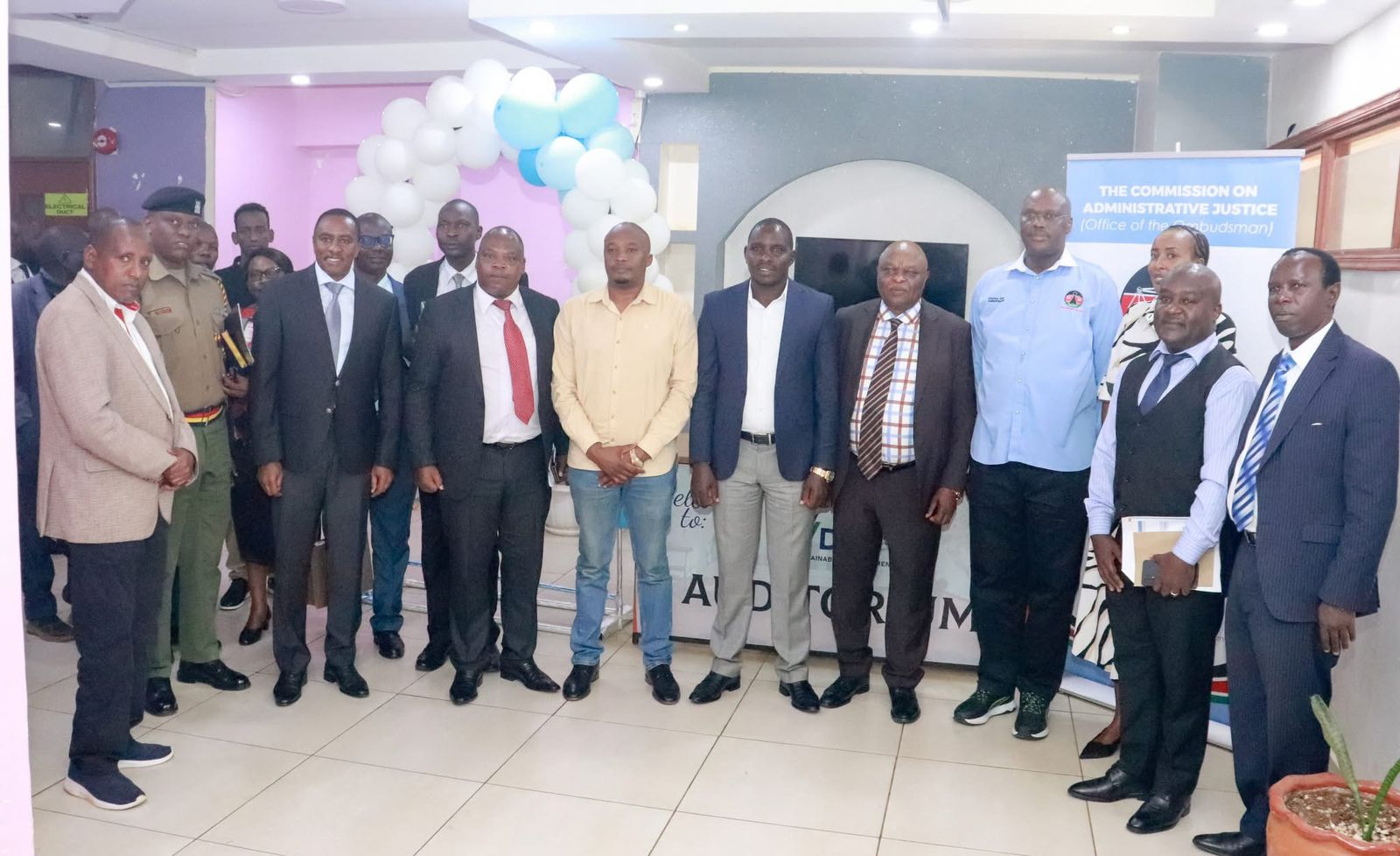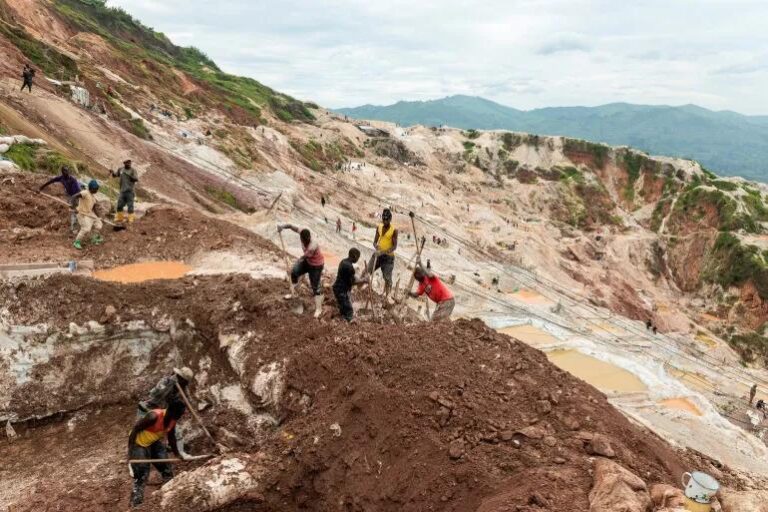Kenya has unveiled a new policy framework that directly links natural resource planning, particularly water management, to conflict prevention.
The policy is a shift in how the country approaches peacebuilding and environmental governance.
Speaking at the International Conference on Water, Peace and Security, the Principal Secretary for Internal Security and National Administration, Dr Raymond Omollo, said the new approach integrates conflict-sensitive natural resource management into national and local development planning.
“We are integrating conflict-sensitive approaches to natural resource management, and this is Kenya’s new peacebuilding architecture that now guides our national policy on peacebuilding and conflict management,” Dr Omollo stated.“It means that within the water sector, we deliberately assess and mitigate the potential for resource competition to spark disputes by involving all stakeholders.”
Dr Omollo outlined five key initiatives driving Kenya’s strategy to turn policy into action, beginning with the National Climate Change Security Response Program, led by the Ministry of Interior and other agencies.
The program, he said, addresses the root causes of environmental and resource-based conflicts such as drought, food insecurity, and water scarcity.He highlighted the Chiefs’ Climate Action Day, a grassroots initiative involving over 4,000 chiefs nationwide, where communities come together every first Friday of the month to plant trees and restore degraded landscapes.
“This soft approach and grassroots initiative are supporting our national goal of growing 15 billion trees by 2032,” he said. “Already, millions of seedlings have been planted communally across the country.”
Kenya’s model, Omollo added, also relies on improved data integration, bringing together information on water availability, weather forecasts, and resource use mapping, to power early warning systems that can anticipate and de-escalate tensions before they turn violent.“
By improving data integration into our conflict early warning models, authorities and local peace committees can anticipate and de-escalate potential water-related conflicts before tensions actually turn violent,” he noted.
The PS further emphasised the growing cross-sector collaboration among ministries responsible for water, environment, agriculture, and security, including joint task forces and shared programs.
The Water Police Unit, for instance, has been tasked with securing critical water infrastructure as the government embarks on ambitious dam projects to address water scarcity and boost agricultural productivity.
Regionally, Kenya continues to champion transboundary water cooperation, working through bilateral commissions and the Intergovernmental Authority on Development (IGAD) to promote peace and resource sharing, particularly in the Lake Turkana Basin shared with Ethiopia and within the Nile Basin Initiative.
“Local communities on both sides of Lake Turkana are engaged in joint peace dialogues and resource management projects,” Dr. Omollo said. “We acknowledge that ultimately, we share one ecosystem.”
Former Ghanaian President Nana Addo Dankwa Akufo-Addo, who also addressed the conference, underscored the central role of water in Africa’s future peace and prosperity.
“Across Africa, water has become one of the defining tests of our governance, our resilience, and our shared humanity,” said Nana. “Water insecurity, once a silent challenge, has become one of the greatest tests of our generation. Across our continent, the warning signs are unmistakable: rivers that once bound communities now divide them.”
Referring to the Grand Ethiopian Renaissance Dam (GERD) and the diplomatic tensions it has sparked between Ethiopia and Egypt, Nana called for renewed commitment to cooperation.
“The construction of the GERD has brought longstanding sensitivities to the surface between Ethiopia and Egypt,” he observed. “There is a need to choose dialogue over division and cooperation over confrontation. Proper cooperation towards an amicable resolution on the Nile River dispute between Egypt and Ethiopia can reap immense benefits for the countries involved.”
The convergence of messages from both leaders underscores a shared understanding: water is no longer a mere development issue, it is a matter of peace and security. Kenya’s evolving policies demonstrate how countries can weave environmental management into the fabric of national security and diplomacy.
As climate pressures intensify and populations grow, both Dr Omollo and Nana stressed that Africa’s stability will increasingly depend on how well it manages its most vital and vulnerable resource.












